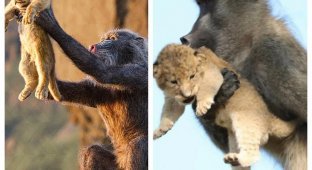Experts are trying to figure out why capuchins steal howler monkey cubs (8 photos + 1 video)
German scientists from the Max Planck Institute and the Smithsonian Tropical Research Institute installed more than 80 cameras on the island of Jicaron, Panama, to study the behavior of capuchins. They managed to record a unique phenomenon. 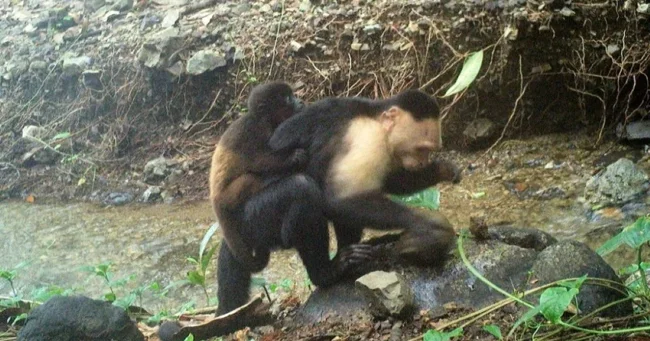
In early 2022, cameras captured a new tradition of capuchins - kidnapping howler monkey cubs. It is worth noting that these monkeys do not belong to the same species.
Between 2022 and 2023, male capuchins stole at least 11 baby howler monkeys.
Zoe Goldsborough called the incident a "shocking discovery." The reasons for the mass kidnappings remain a mystery.
She added: "We have not seen anything like this in the animal kingdom."
"The capuchins did not adopt the babies, but rather kidnapped them. The babies tried to escape, calling for their parents, and they called back. But the capuchins did not let them go."
The video shows capuchins moving around and using stone tools while carrying baby howler monkeys on their backs. The cameras did not capture the kidnapping, which likely occurred in the trees where the howler monkeys spend most of their time.
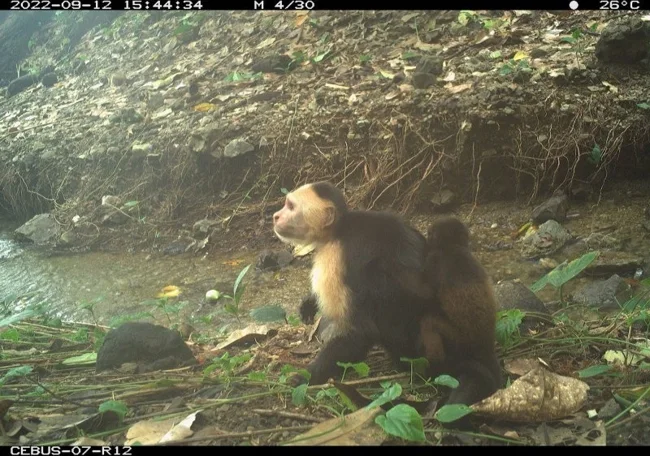
There were no signs of aggression towards the babies, and they were not eaten, ruling out predation.
The first captor may have been acting out his paternal instincts. He was affectionate towards the baby. Then four other males repeated his behavior.
Brendan Barrett, the project's leader, noted that the monkeys may not have stolen because of any benefit or necessity, but rather out of boredom. They have a lot of free time on the islands.
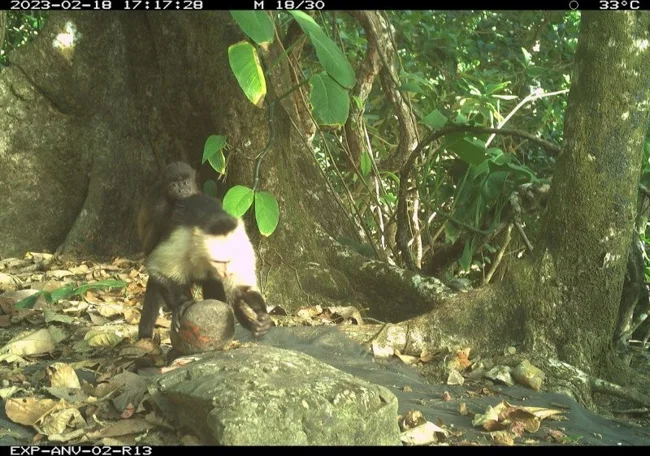
The researchers say that in most cases, the babies died. Mothers usually carry their babies on themselves while they are still nursing.
All the howler monkeys in the video — ranging in age from a few weeks to a few months — were too young to be weaned.
Margaret Crofoot, a co-author of the study, added: "I'd like to think some of them escaped and went back to their mothers, but we don't know."
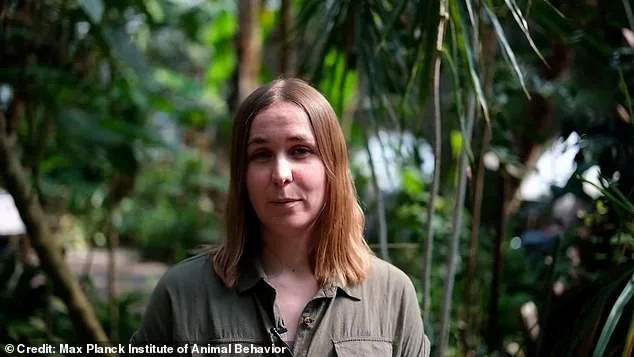
Zoe Goldsborough
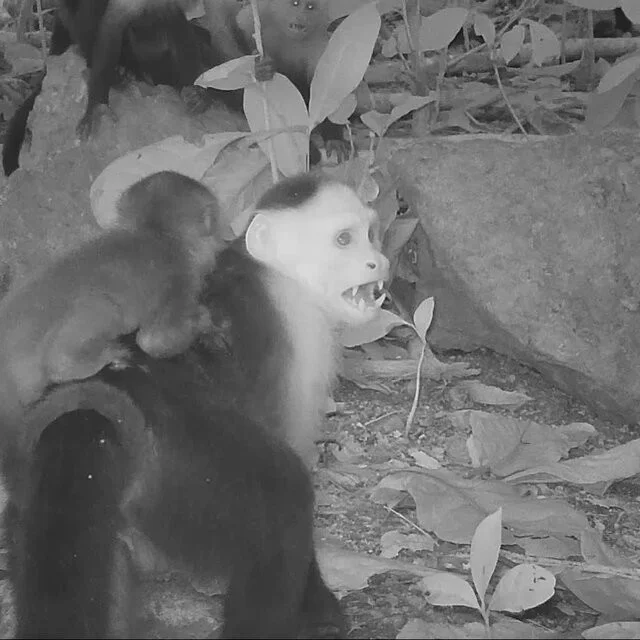
Experts do not believe the capuchins intentionally harmed the babies.
There have been several instances of capuchins being filmed carrying dead babies.
Gorillas and killer whales, like many other animals, do not leave dead offspring for a long time. Scientists still have not figured out why this happens.
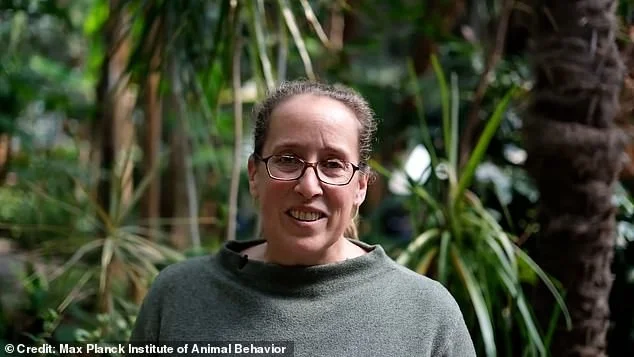
Margaret Crofoot
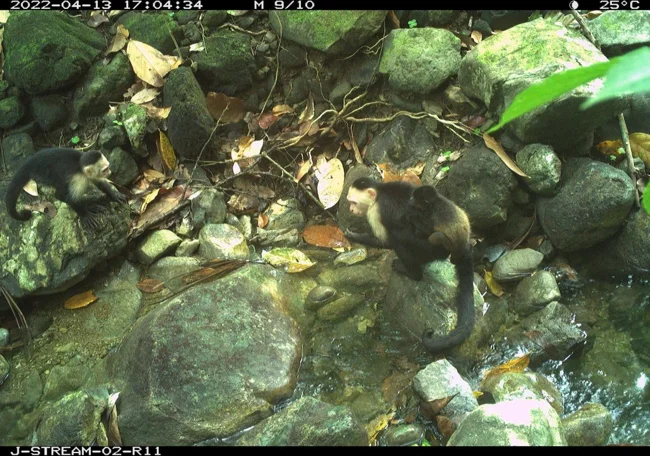
Capuchins, living only in South and Central America, are famous for their longevity, high intelligence, and ability to adopt new skills from their relatives. One group of these monkeys in Panama has even learned to use stone tools to crack nuts and seafood.
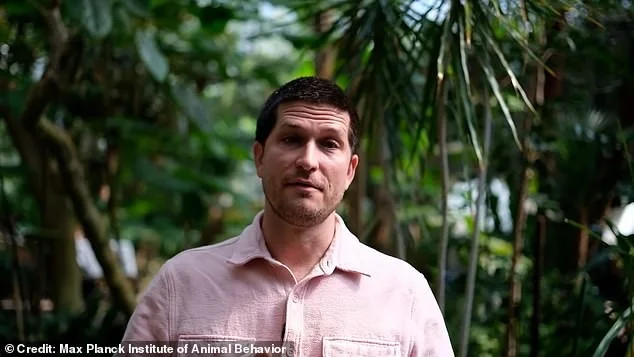
Brendan Barrett












